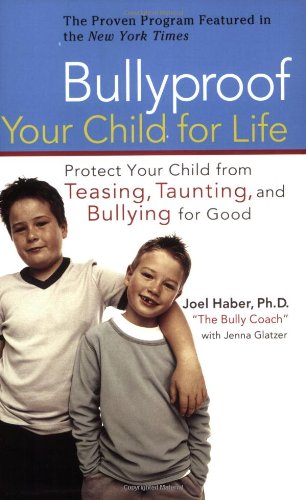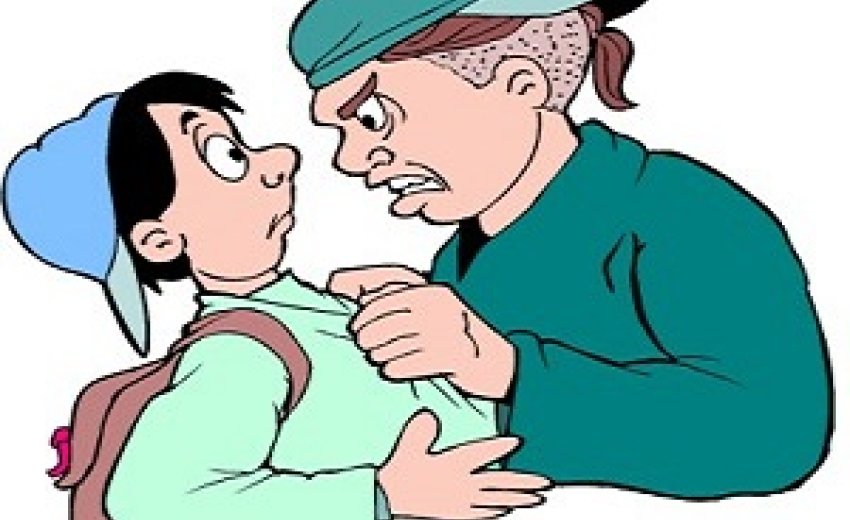 When Sikh students get teased about their religion, the newest immigrants are the most common victims, students say.
When Sikh students get teased about their religion, the newest immigrants are the most common victims, students say.
Less Americanized students, whether they have been in the United States for two years or two months, are often the target of taunts and teasing by Western students — including those within the East Indian community, said Kiran Samra, president of the Punjabi-American Club at Yuba City High School. The students are mocked for how they dress, speak and even smell.
"There is such a standard when you get to high school. You have to dress this way, You have to act this way," she said. "People make fun of you if you are your own person."
Students who were born in the United States do not face as much harassment or discrimination because they have adapted to blend in with their classmates. Many join their American counterparts in the bullying of immigrants, said Samra, a Yuba City native.
"I'm not too sure they know other people make fun of them, but if they knew, obviously it would hurt them a lot," she said. "I think that's why they separate themselves so much from other Indians, to protect themselves so they don't get hurt."
Samra has heard other students tease or taunt during classes or passing periods.
"They say, 'Oh they smell,' or 'Have you heard the way they talk? It's hella funny,'" she said. "It's kind of sad because I think they should be treated equally."
Blending into society
The bullying is more verbal than physical, said Yuba City High School senior Manraj Singh Garcha. The 17-year-old said few people have made fun of him, but he admits it's probably because he was born in the United States, cuts his hair and tries to meld his American roots with his Sikh background.
"I kind of blend into society," he said. "It's more those that just came from India two or three years ago or two or three months ago."
One of the worst forms of taunting Garcha witnesses is when students call other students "fobers," a derogatory term for someone who recently immigrated. That and other forms of bullying sadden him.
"It's not something that you want to see around our society," he said. "You want to see people coming together and enjoying life and not to be isolated."
Amarpreet Everest, 20, now attends UC Davis but said the bullying she witnessed as a middle and high school student in Yuba City was subtle but very much an issue.
"I had a few of those times, too, where just because I was different I was kind of picked on," she said.
Everest remembers hearing the story of a girl whose long hair was snipped off by non-Sikh classmates, and can recall girls called "hairy," and boys being asked, "What's that rag on your head?"
"It definitely impacts you, especially for those people who are not in touch with their history," she said. "If they are being made fun of, and they don't have that knowledge, that pushes them away from their identity and their religion."
Breaking down barriers
 The Punjabi-American Club aims to promote breaking down cultural barriers and student involvement in the community, said its adviser, Sutter County supervisor and Yuba City High teacher Jim Whiteaker. At the high school, he tries to correct bullying and prevent it when possible.
The Punjabi-American Club aims to promote breaking down cultural barriers and student involvement in the community, said its adviser, Sutter County supervisor and Yuba City High teacher Jim Whiteaker. At the high school, he tries to correct bullying and prevent it when possible.
"Most of the time it's due to the ignorance," Whiteaker said. "A majority of the time people don't understand the difference between Sikhs, Muslims and Hindus."
Jasbir Kang, a member of the Punjabi American Heritage Society, agrees.
"There is nothing in the school books, nothing in the history books or social sciences or the school curriculum for the average kids to learn who the Sikhs are," he said.
People often make their judgments on outward appearances, but the Sikh values are just like American values, he said.
Kids find their own ways to cope with discrimination.
"A lot of kids just suffer through it, especially the boys," Kang said. "Some kids give up their appearance because they don't want to be bothered and some kids are strong and they want to make every effort for people to understand."
Bullying can also be difficult for parents, who want their children to be accepted among peers while still maintaining Sikh values.
"You think with the large population there would be better awareness, but I think kids just look for something that's different," said Yuba City Councilman Tej Maan, also a member of the Tierra Buena Sikh Temple.
Understanding of the Sikh culture has improved in recent years, he said, but the teasing and taunts continue.
The entire social system is to blame, because there is little encouragement for people to be outside the norm, Everest said. Education that fosters understanding of the Sikh religion is critical for putting an end to bullying.
"If you don't know who you are, how do you expect other people to know that?" Everest said. "There has to be someone who is willing to be different, to put themselves out there. And at the same time you have to have support, too."
CONTACT Ashley Gebb at 749-4724 or agebb@appeal democrat.com
